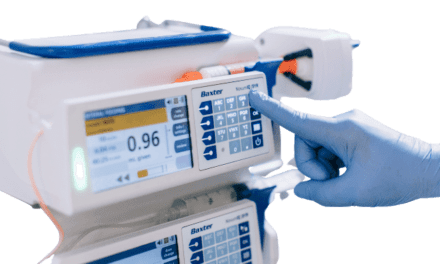Despite Philips getting the green light from the U.S. FDA to start repairing and replacing ventilators impacted by the company’s class 1 recall, the FDA exposed a possible safety risk concerning a replacement component.
The recall was sparked by an issue Philips identified with the polyester-based polyurethane foam used to muffle sound and vibrations in its continuous and non-continuous ventilators. Over time, the company found, that foam could break down, potentially sending specks of black debris and other dangerous toxins into the air pathway.
By the time the FDA handed down its most serious rating to the recall in July, it had received upwards of 1,200 complaints about the issue, linked to more than 100 injuries.
In September, the agency gave Philips the OK to begin its repair-and-replace program for the about 2.2 million recalled CPAP and BiPAP machines and other respiratory devices. The proposed effort included replacing the polyurethane foam with a silicone-based alternative.
Read the article in its entirety in Fierce Biotech.





